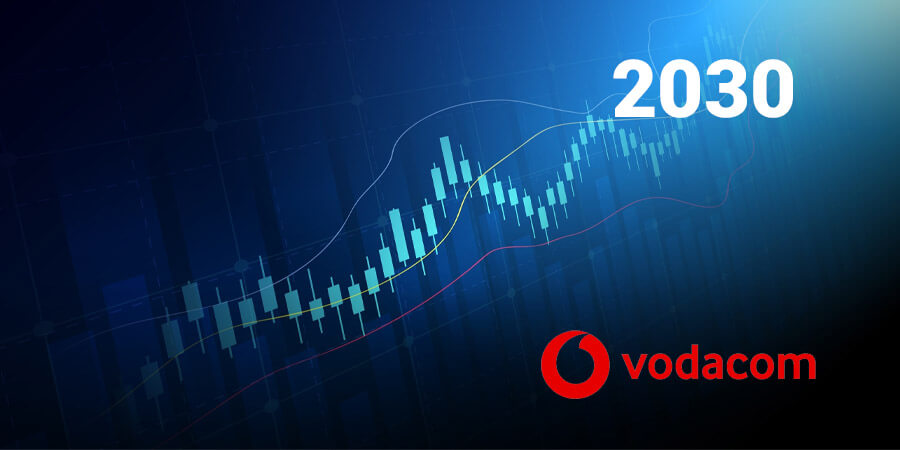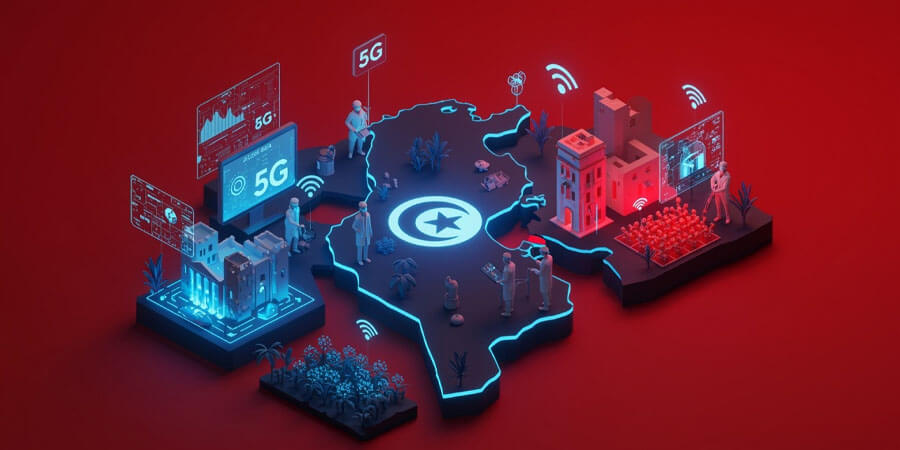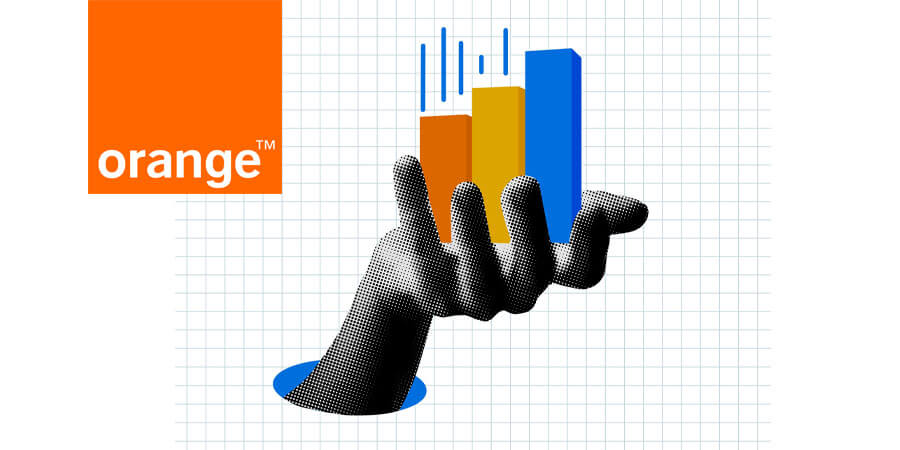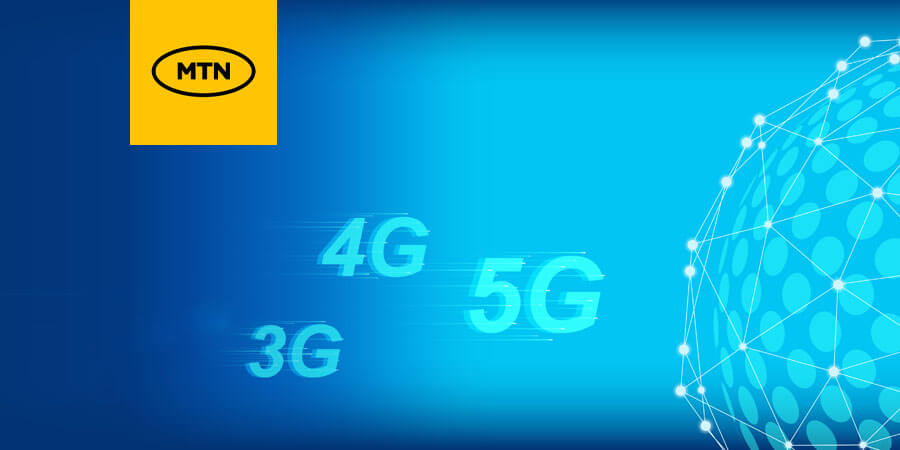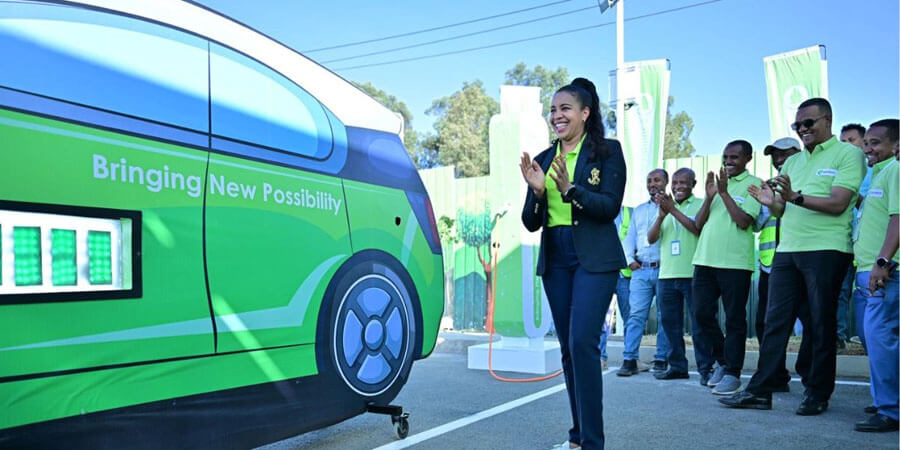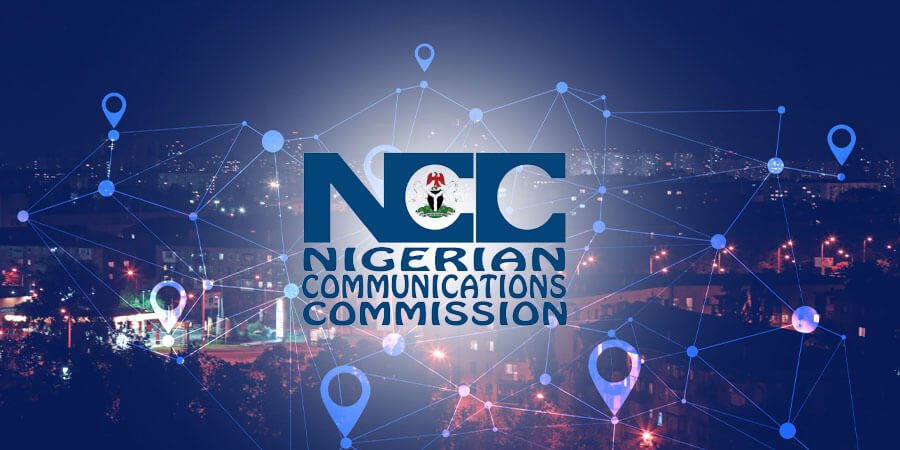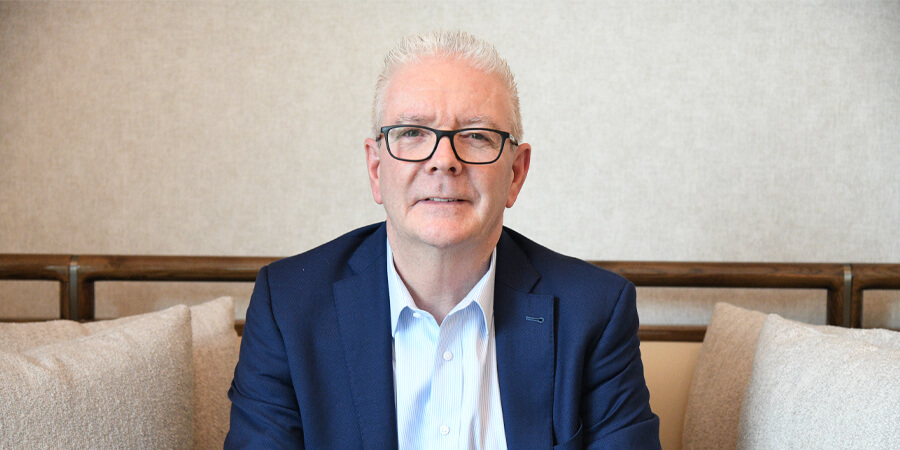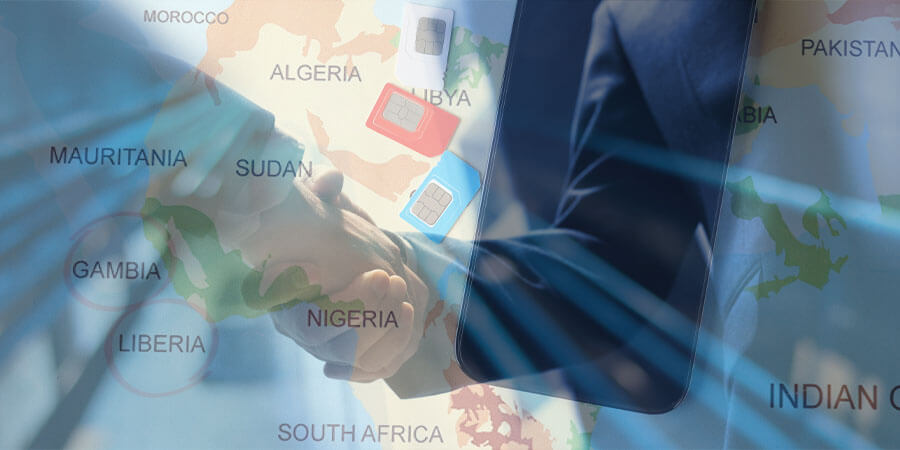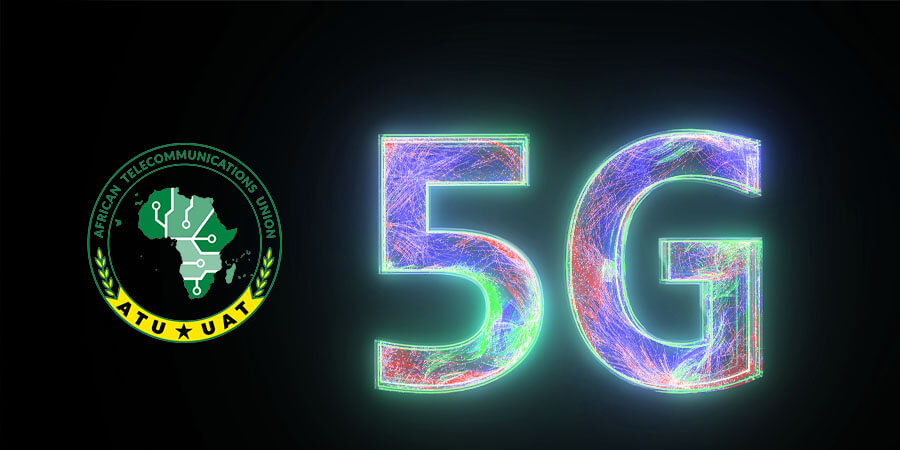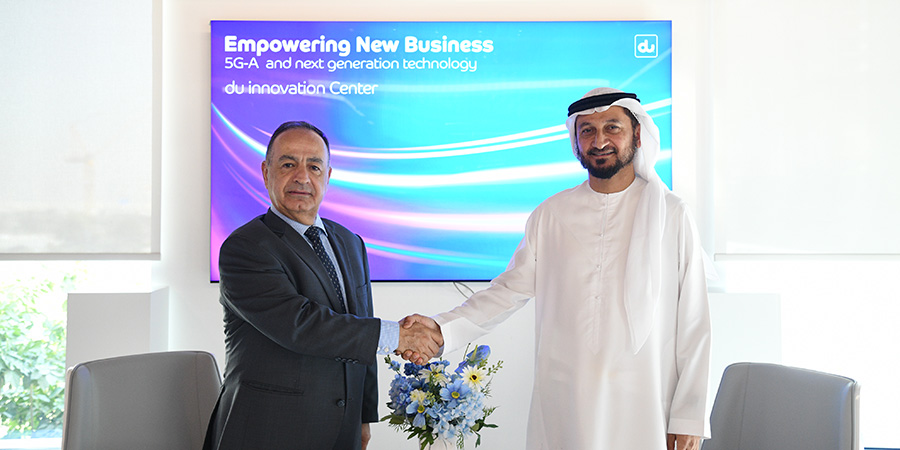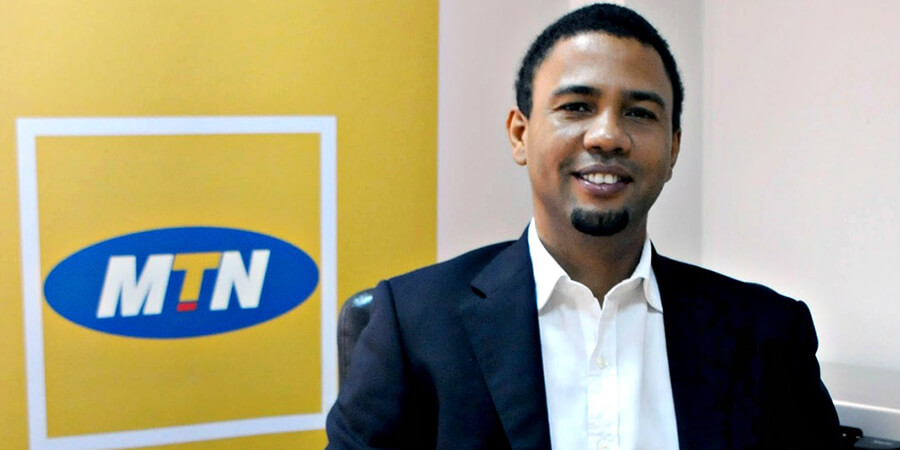The Nigerian Communications Commission (NCC) has granted approval for the transfer of a 10 MHz spectrum within the 2.6 GHz spectrum range from OPENSKYS Services Limited (OS) to MTN Nigeria. This license will be eligible for renewal on April 16, 2033.
This additional spectrum allocation will empower MTN Nigeria to bolster its network capacity, leading to an enhanced customer experience. CEO of MTN Nigeria, Karl Toriola, emphasized the significance of acquiring an extra 10 MHz FDD within the 2.6 GHz spectrum range, marking a pivotal step in realizing their Ambition 2025 strategy. This spectrum acquisition will facilitate a more efficient deployment of MTN Nigeria's network capacity, contributing to their sustainability objectives.
The 2.6 GHz spectrum band is specifically designated for the implementation of terrestrial mobile broadband services. According to a GSMA report on global mobile broadband opportunities, when coupled with the 700 MHz-800 MHz spectrum bands, the 2.6 GHz spectrum band proves to be an optimal combination for delivering cost-effective nationwide coverage of mobile broadband services, encompassing both urban and rural areas.





